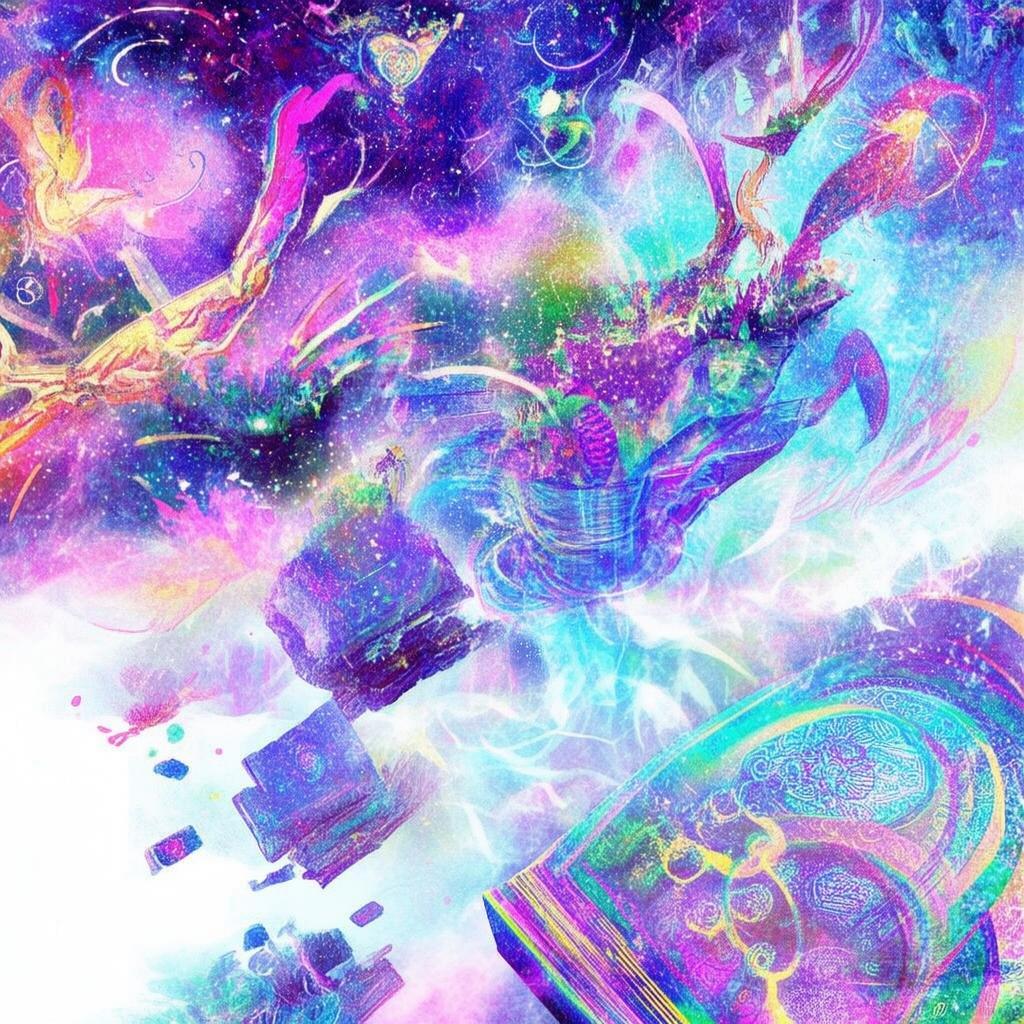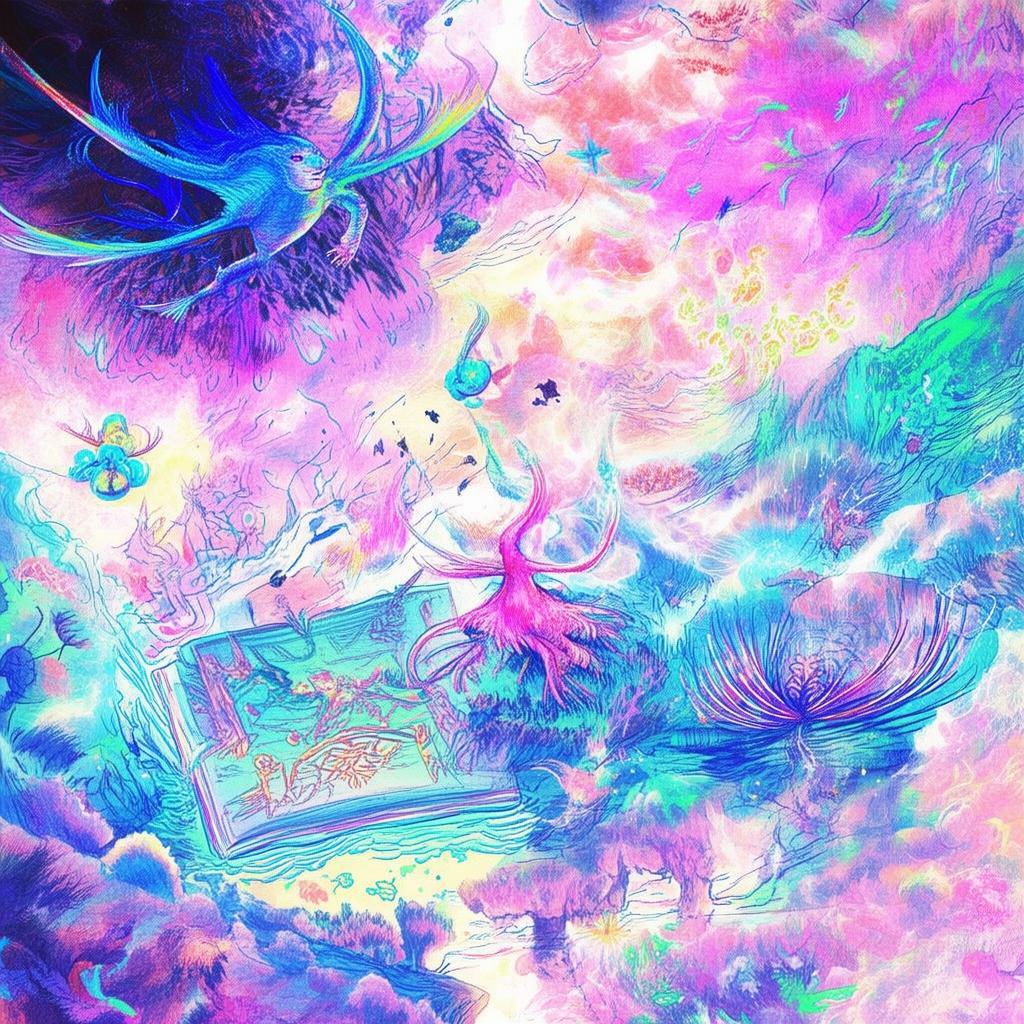Whispers of the Symphony: A Lament for Hong Kong
In the heart of Hong Kong, where the old and the new coexist in a delicate balance, there was a legend whispered among the shadows. It was said that the city itself was a symphony, a haunting melody that played on the winds, echoing through the streets and alleyways, a testament to the tragic fate and the unyielding spirit of its people.
The legend spoke of a composer, a young man named Kai, whose life was intertwined with the city's history. Kai was a prodigy, his music transcending time and space, but his mind was clouded by the specter of his past. His father, a revolutionary, had been executed by the British colonial government, and Kai had grown up with the weight of his father's legacy on his shoulders.

Kai's symphony, "The Ghost's Symphony," was a masterpiece that captured the essence of Hong Kong's soul. It was a blend of classical music and traditional Chinese instruments, a haunting melody that seemed to tell a story of loss, love, and redemption. But as Kai worked on his final movement, he found himself haunted by voices, whispers of the past that seemed to guide his pen.
One evening, as Kai sat in his studio, the whispers grew louder. He saw the image of his father, his eyes filled with sorrow and determination. "Kai," his father's voice echoed in his mind, "your music must be the voice of the people. It must tell their story, their struggle, their hope."
Kai knew that his symphony was more than just music; it was a testament to the resilience of the Hong Kong people. He began to weave the stories of the city's past into his composition, the tales of the revolutionaries, the struggles of the working class, and the dreams of the youth.
As the symphony took shape, Kai found himself drawn to the streets of Hong Kong, where the past and the present collided. He met a young woman named Mei, whose family had been affected by the city's history. Mei's grandmother had been a revolutionary, and Mei had grown up hearing the stories of her family's fight for freedom.
Mei and Kai became inseparable, their lives entwined by the symphony. They spent their days exploring the city, uncovering hidden stories and forgotten memories. They found themselves drawn to the same places that had once been the battlegrounds of revolution, the same streets where their ancestors had fought for justice.
As the symphony progressed, Kai's music became more powerful, more resonant. It seemed to have a life of its own, reaching out to the people of Hong Kong, stirring their hearts and awakening their spirits. The whispers of the past grew louder, and Kai felt a sense of urgency, knowing that he must complete his symphony before it was too late.
One night, as Kai and Mei walked through the streets, they were confronted by a group of men who wanted to silence their voices. They were part of a group determined to keep the past buried, to prevent the stories of the revolutionaries from being told. But Kai and Mei were not afraid; they knew that their music was their weapon.
In a dramatic confrontation, Kai played his symphony on the streets, the music filling the air, resonating with the hearts of the people. The men were overwhelmed by the power of the music, and the crowd that had gathered to watch the performance was inspired by the bravery of Kai and Mei.
The symphony was completed, and Kai performed it at a grand concert in Hong Kong. The city was filled with a sense of hope and possibility, and the people knew that their stories had been heard. The Ghost's Symphony became a symbol of the resilience of the Hong Kong people, a testament to their fight for freedom and justice.
In the end, Kai and Mei found redemption not just in their music, but in each other. They continued to tell the stories of Hong Kong, using their art to inspire change and to keep the memory of the past alive. And so, the legend of the Ghost's Symphony lived on, a haunting melody that would forever echo through the streets of Hong Kong, a reminder of the tragic fate and the unyielding spirit of its people.
✨ Original Statement ✨
All articles published on this website (including but not limited to text, images, videos, and other content) are original or authorized for reposting and are protected by relevant laws. Without the explicit written permission of this website, no individual or organization may copy, modify, repost, or use the content for commercial purposes.
If you need to quote or cooperate, please contact this site for authorization. We reserve the right to pursue legal responsibility for any unauthorized use.
Hereby declared.









